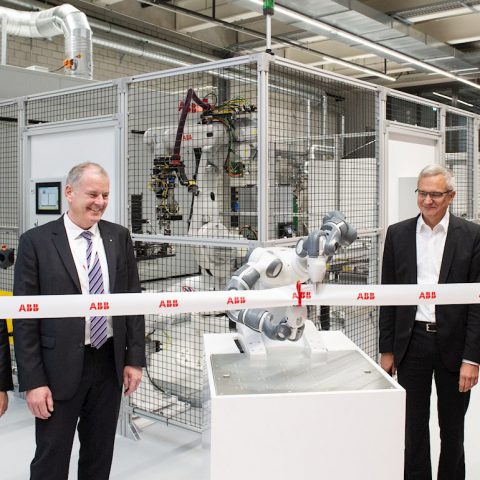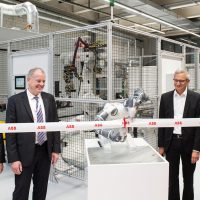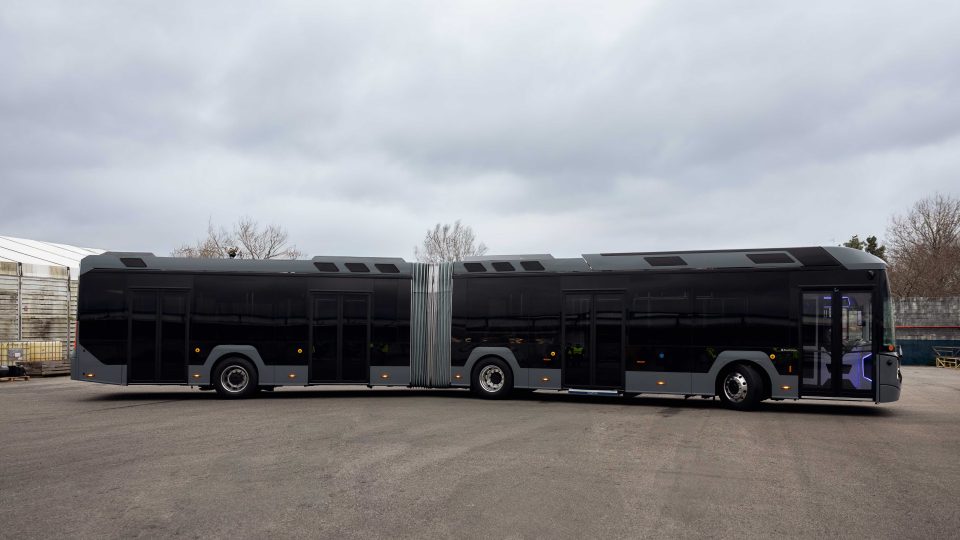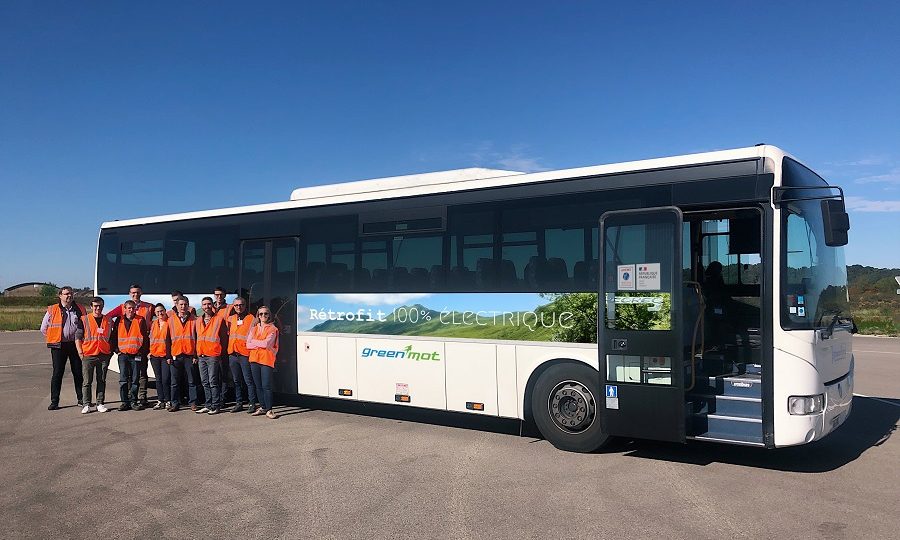ABB invests in energy storage systems for mobility. A new plant in Baden
ABB invests in Baden on energy storage systems for mobility. A new facility just inaugurated in Baden (Switzerland) will host the production of storage systems for electric buses and trolleybuses, as well as railways and electric trucks. Future uses of storage systems include applications in trolleybuses in several Swiss cities, ABB points out. Orders for […]


Orders for ABB energy storage systems already received
ABB officially opened its new plant for energy storage systems for mobility applications in Baden, Switzerland, at a ceremony attended by customers, politicians and media representatives. The energy storage systems will be used in railways, e-buses/trolleybuses and e-trucks. The facility represents an important investment in Switzerland as a production location and provides added value for applications at home and abroad, ABB points out.
ABB announces it has already received orders for energy storage systems from several vehicle manufacturers from different countries. Among other applications, they will be used in new trolleybuses in the Swiss cities of Zürich, Lausanne and Fribourg.
Energy storage systems: key technology for future mobility
Energy storage systems are a key technology for the future of sustainable mobilityand play an important role in the field of electrificationand decarbonization of road and rail transport. Efficient energy stores are essential for the operation of electric buses and e-trucks and allow, for example, the braking energy generated by recuperation to be stored. Moreover, the energy storage systems increase the flexibility of trolleybusesas they can drive long distances without overhead lines thanks to this technology, according to the In Motion Charging technology.
Storage systems for diesel railways
Unlike in Switzerland, many other European countries still have countless non-electrified railway lines. Integration of energy storage systems makes it possible to convert diesel trainsets into diesel hybrid vehicles, thus cutting CO2 emissions by 30% with the possibility of achieving significant energy savings through recuperation, according to ABB figures. Energy storage systems offer transport operators many options to retrofit their vehicle fleetsfor a more sustainable mobility.
Battery cells are assembled into standardized battery modules in production. These are combined into energy storage systems and configured according to the specific application. The products utilize the latest lithium-ion technologyand are characterized by their high energy and power density as well as their long service life even under high loads. They are designed to be safe and highly energy-efficient.
Two robots in new Baden ABB plant
Two ABB robots are used in the production process to ensure that high safety and quality requirements are met. One places the battery cells in the module housing and the other joins them by means of a highly precise laser welding process. All data in the production process is recorded digitally on a continuous basis.
“Our production facility for energy storage systems here in Baden only reinforces our technology and market leadership in the field of sustainable mobility. We have been making advances here with our solutions for over 100 years. This enables us to supply the entire power train including energy storage solutions for rail, e-bus, trolleybus and e-truck applications from a single source,” said Robert Itschner, CEO of ABB Switzerland and Local Business Manager of the Motion business.







